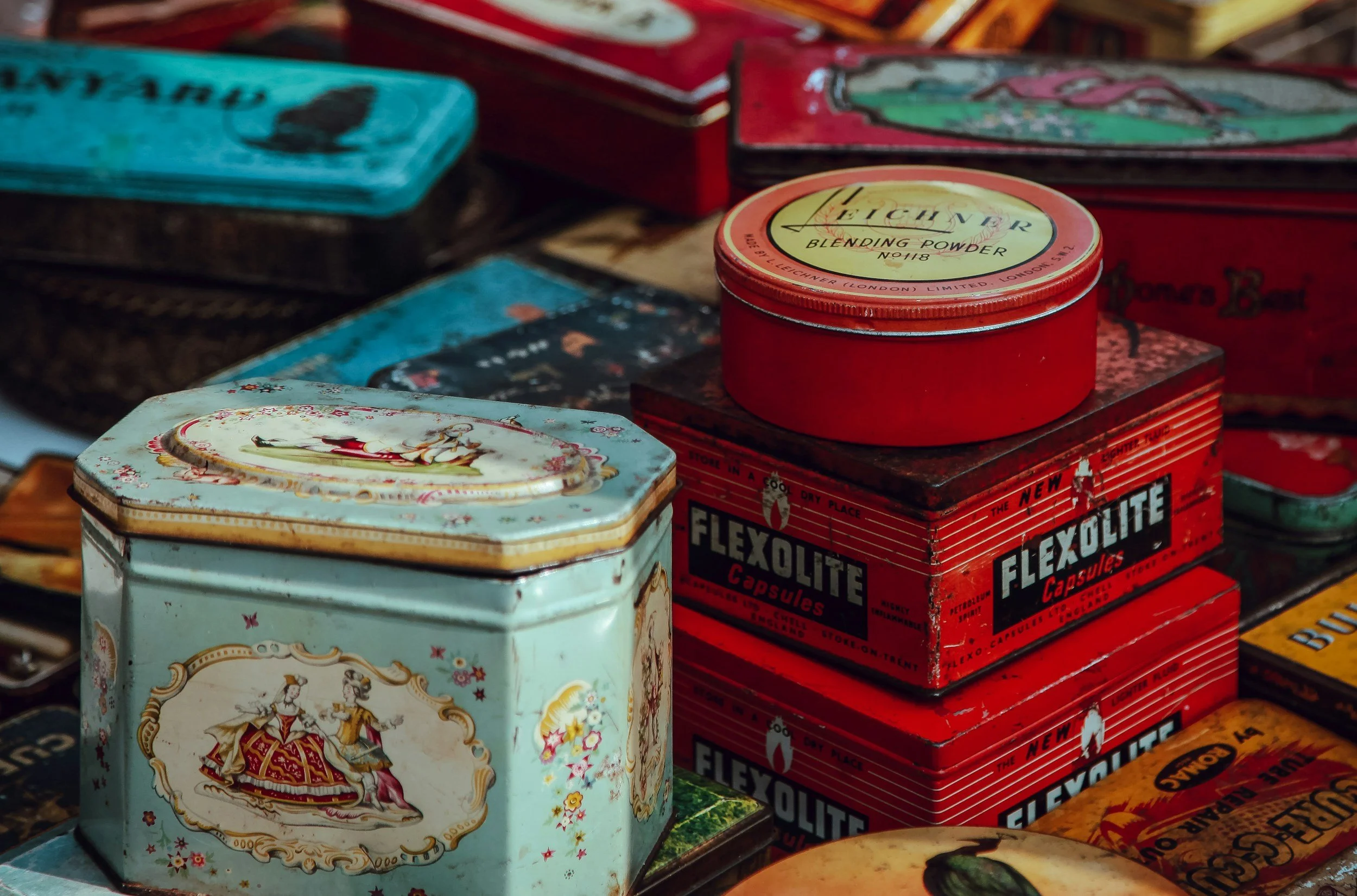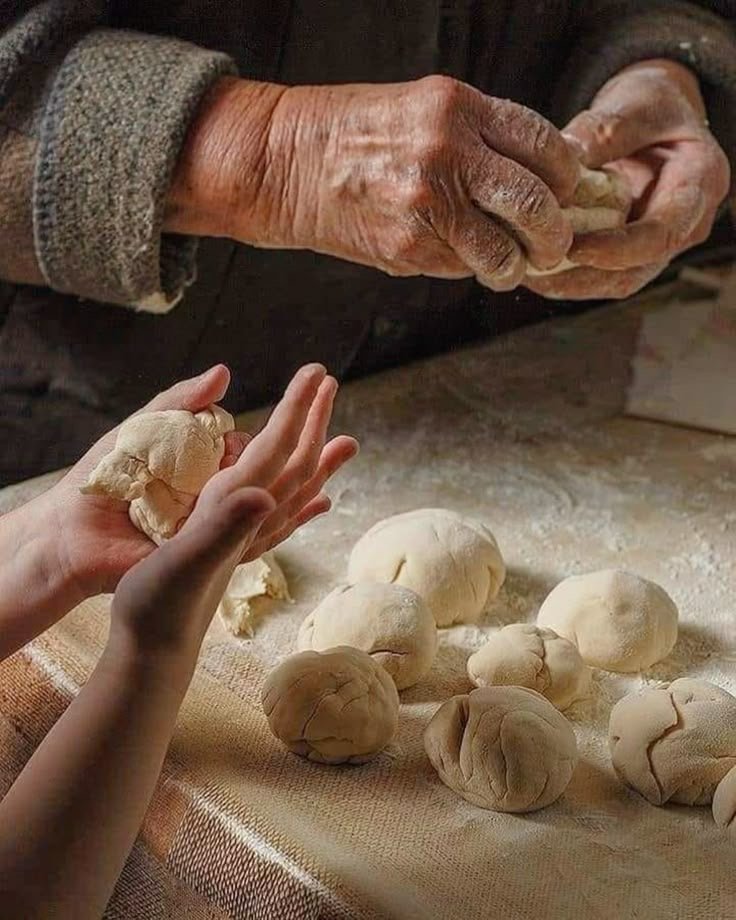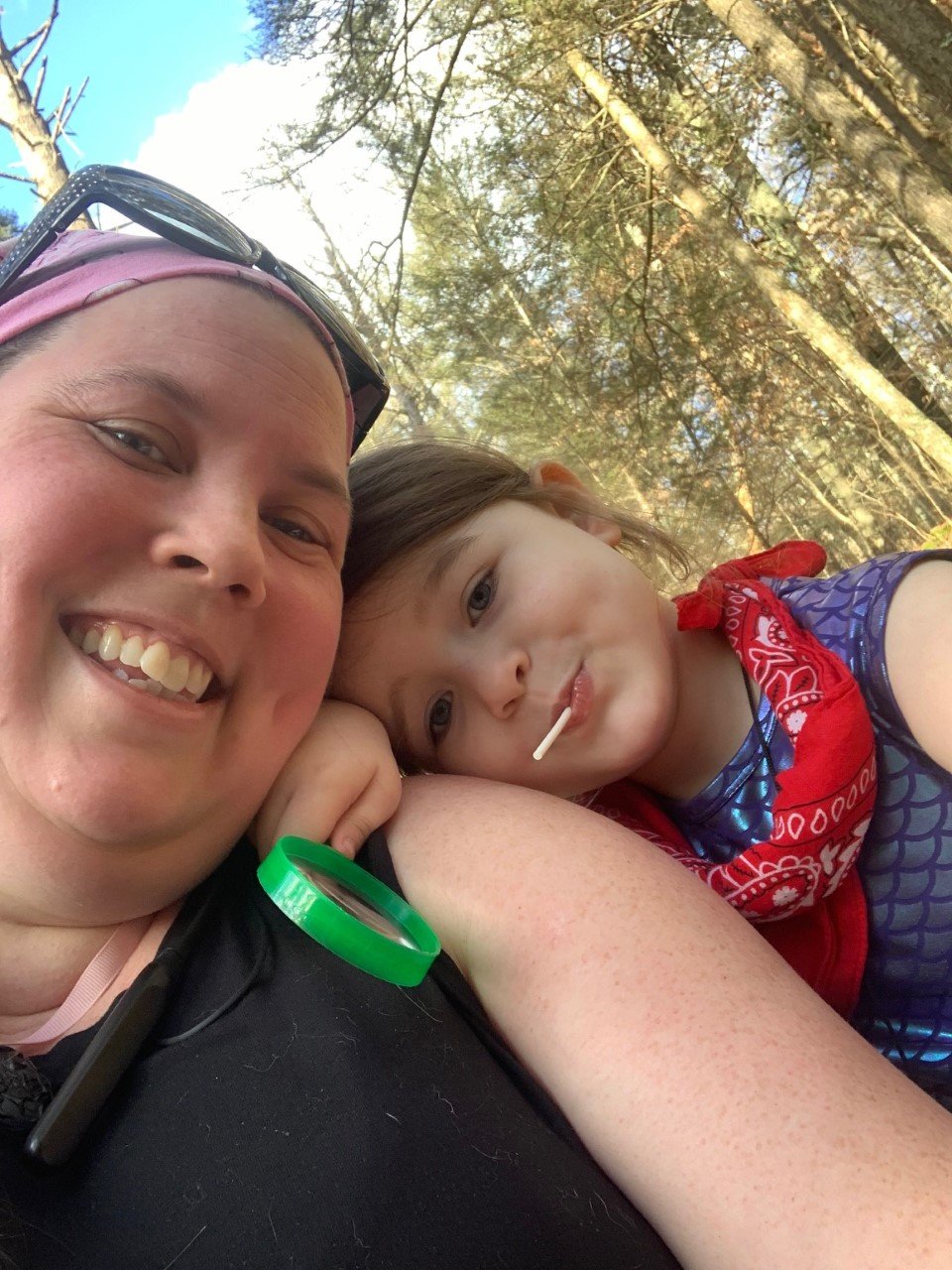Fine
On Sunday, I'll discover the meaning of all of this. It'll turn out that it's all about hue. They say that pain, real pain, hardens around a body, ossifies, so that the sufferer can't move or even breathe. Of course, you try to prepare for the pain. It's instinctive; it's part of the process. In the end, it'll turn out that I'd prepared too well.
Going into it, I'm no stranger to pain, and everyone's saying, with what I've already been through, I'll be fine. They don't realize that my body often refuses to adhere to the prognostications of science.
And so, just shy of 4 A.M. on Friday, it will begin. I'll be strong. I'll be convinced that I'm going to stay at home until the very end. But by noon, I'll be getting violently ill with each contraction. Worried about dehydration, the midwife will tell me to go to the hospital.
I'll adorn the room with electric candles and soft fabrics in soothing ocean tones and breathe through the waves for the next eighteen hours. In lulls, I'll stroke my belly, murmuring to you, my tiny partner in this bid for survival. We'll be translucent in our awareness of our bodies, and separated from everything else by the thick membrane of what’s happening to us.
They'll start to intervene, giving me various medicines to move things along, as if any of this is under their control, or mine. The midwife won't want a surgical outcome marring her resume, so she'll tell me not to worry as your heartbeat starts to dip with each contraction.
After enduring an endless fuchsia-tinted blur of medically enhanced labor, we’ll be a bit over forty hours in. I'll feel our strength waning, and I'll realize that we can be good at pain and still not survive. I'll ask for an epidural, and the midwife will exhale her disapproval into the room, sweet and violent like asbestos. It will char my throat and settle heavily in my lungs.
I'll do everything she tells me for the next seventeen hours, despite the cracking and grinding of bones as she moves me, again and again, onto my left side. She'll say the pain is normal. It's fine, she'll say. An hour after it’s installed, the epidural will stop helping, and they'll increase my medications again and again.
I'll be patient as the world around me dims to a muddy shade of burgundy. Far too patient. The midwife will close her teeth around my fear, biting it off with the crisp white syllable fine, which will sharpen each time your pulse slows. An instinct will tell me she's wrong at fifty-seven hours. The Grothendeick prime. I'll claw through the haze of it all and demand an emergency C-section.
The midwife will hurl her final fine.
Half an hour later, I'll be fading as they lift you out of me. Joy and grief will sink tendrils into one another and entwine. I’ll have the fleeting thought that Buddhism suddenly makes sense. I'll feel the way you're suddenly in the world and not in my body. Panicking, I'll try to clutch at consciousness, fighting the pull of the darkness. I have to protect you. I have to protect you. I have to... Protect...
I'll barely survive the surgery, losing over half of my body’s blood volume. The crimson pools on the floor will be so vivid that the scrub nurse will start to faint. I’ll learn later that the obstetric surgeon had to banish her from the operating room. When I come to, the surgeon will whisper into my ear, thank you for not dying. She’ll tell me that your cord was around your neck, and you wouldn't have lived through the "natural" birth the midwife had been fighting for.
When they put you in my arms and I see your face and whisper your name, I’ll realize that I never want to look away. You'll be perfect, the mathematics of a nautilus in your tiny fingernails, the golden ratio in your wrinkled grip as you pull nourishment from me like spun light.
I, on the other hand, will be broken, the bones of my back and pelvis crushed against one another. It won't show up on imaging, and they’ll mutter that the sacro-iliac joint is difficult to visualize. My autonomic nervous system will be frayed beyond recovery, and my heart will never again be stalwart. By the time anyone believes me, my bones will be set in a configuration that forces them to grind, mortar and pestle, each time I stand or walk. I will crack like glass under pressure. A wedge of bruises will permanently adorn my low back.
My pain will harden around me, ossify. I won't be able to move, to breathe. Just like they said. Sometimes, I’ll lay in the darkness, struggling to remember who I am.
But every morning, I'll strike myself against my lightless cage until it begins to crack. I'll shove myself out into the blinding radiance outside, becoming.
They think that it's painless, being born.
But you and I, we know better.
This is why we love butterflies. They’ve mastered the art of turning pain into color.
-Elise Scott
Elise is a liberal back-woods bootlegger and an artisanal vegan cheese-maker. Their work is informed by their lived experiences of fat positivity, queerness, physical disability, mental illness, and shadows with sharp edges. Elise's life has been an adventure, from helping people overcome trauma in partnership with horses to counseling at-risk youth in Boston with the aid of an inordinately large sub-woofer and beyond. They earned their bachelor’s degree from Mount Holyoke and their Master’s in Mental Health Counseling from Capella. Elise is currently a full-time writer/mom in Connecticut, where they live with one tiny daughter and over three hundred pounds of fur-family. Their work has appeared in the literary journal High Shelf.




















